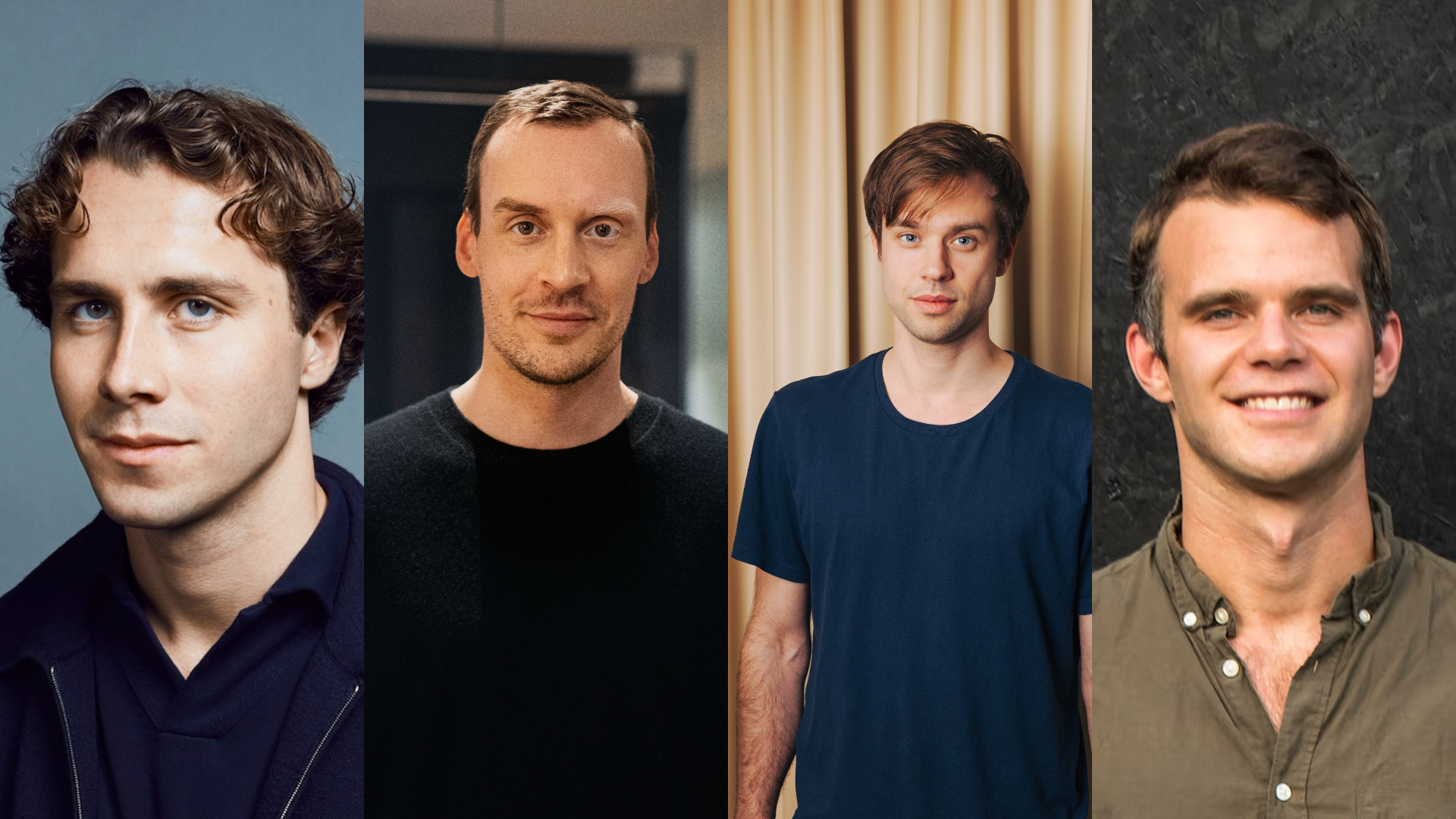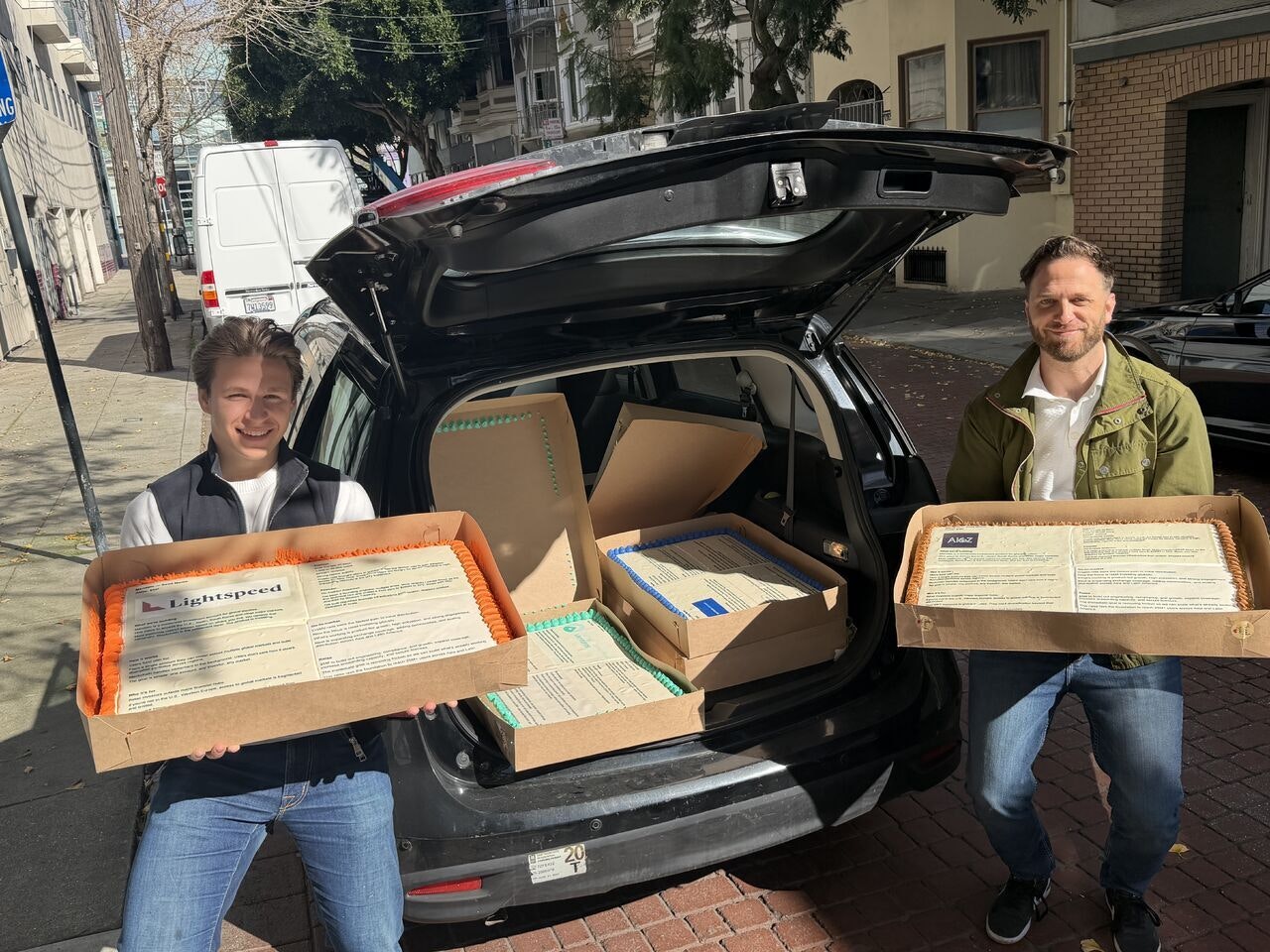In 2022, France stood out as the one major European ecosystem that saw startups actually raise more money than in 2021 — 2023 was a harsh return to reality.
Halfway through the year, French startups had raised almost 50% less money than they had at the same time last year, according to consultancy firm EY. Like elsewhere in Europe, they had started to feel the hit of the downturn.
From insurtech Luko’s painful search for a buyer to investment firm Eurazeo postponing the fundraising of its next growth fund, it’s been a bumpy ride for French tech.
But there has been good news too. AI startup Mistral raised two mammoth rounds in the space of just six months, firmly establishing that there’s a new kid on the AI block.
And with the government deeply committed to supporting startups, including via the €54bn France 2030 plan to boost new technologies, there is hope among investors and founders that French tech will weather the storm.
Sifted put together the key moments that defined the ecosystem in 2023.
Quantum computing startup PASQAL raises one of Europe’s biggest quantum rounds
The year started with a bang, as Europe’s quantum computing darling PASQAL closed a €100m Series B to scale its quantum processors. It was one of Europe’s biggest-ever investment rounds in the sector.
The company, which was founded by Nobel prize winner Alain Aspect, uses cold atoms as qubits and says it will deliver a 1,000-qubit quantum computer in 2024. That would put it in the same league as US giants like IBM, who released a 1,121-qubit processor in early December. PASQAL is already locked in partnerships with high-profile industrial groups such as EDF, Siemens and Johnson & Johnson.
Gama sends Europe’s first solar sail to outer space
On January 3, SpaceX’s Falcon 9 launched into orbit. Onboard was a solar sail built by Paris-based spacetech Gama, marking the first-ever deployment of such a device made by a European company.
Solar-powered sails work in a similar way to boat sails, but instead of wind, they are powered by light — and as such, they are expected to play a key role in helping spacecraft to go further and longer without the need to carry as much fuel. Gama’s tech, for example, weighs just 11kg.
Eurazeo’s growth team quits
Heavyweight investor Eurazeo saw four of its most senior growth investors leave in the space of two weeks to start their own fund, a few months after the firm went through a change of leadership.
A new managing partner, Hala Fadel, was appointed to take charge of Eurazeo’s growth strategy. She has since told Sifted that the fundraising of the investor’s fourth growth fund had been postponed following the departures, in order to demonstrate the new team’s stability to LPs.
AI startup Poolside relocates from the US to France
French founders leaving the country in search of US investors’ capital is a common story. Much less so is that of Poolside, which moved its headquarters from the US to Paris after raising a $126m seed round — and it wasn’t even founded by French entrepreneurs.
The company, the brainchild of ex-GitHub CTO Jason Warner and serial entrepreneur Eiso Kant, is building an large language model (LLM) that can write code. With heavy financial backing from French billionaire Xavier Niel, it joined a growing number of AI startups attracted by the availability of low-cost talent in the French capital.
Gigafactory scaleup Verkor raises €850m equity round
To finance the construction of a gigafactory which will manufacture low-carbon battery cells in Dunkirk, Northern France, Verkor raised an €850m Series C round and said it was on course to secure an additional €1.2bn of non-equity funding, making for a total €2bn in financing. It is a historical record for a French startup.
Eric Schmidt backs a €300m AI lab in Paris
Google’s ex-CEO Eric Schmidt, together with Niel and fellow French billionaire Rodolphe Saadé, announced that the trio will be funding a new €300m not-for-profit AI lab based in Paris and dubbed “Kyutai”.
The lab’s research team — made of scientists from the ranks of Microsoft, Meta and DeepMind — has been tasked with carrying out open research in the field of AI.
The announcement came a month after Niel purchased a supercomputer from Nvidia to help French startups training large AI models access more compute power — reflecting his ambition to escalate France’s role on the European AI stage.
Insurtech Luko loses a buyer
It’s been a tough year for Luko, once a rising star of French tech. The company raised €69m from investors such as Accel and Speedinvest, but failed to secure further capital when it needed to. It filed for bankruptcy in June and was acquired by insurance giant Admiral Group for €14m — but the deal fell through when fresh audits of the business revealed previously unknown cash holes. It was then placed in receivership in November.
Zenly’s founder makes a comeback
One of the most hotly anticipated launches of the year was that of amo, the latest project of Zenly’s founder Antoine Martin, who is somewhat of a godfather in France’s emerging social media scene.
Amo’s first product is an app called ID, which enables users to interact by dropping content on each other’s profiles. The company has already raised an $18m seed round at a valuation of over $100m.
Mistral AI closes two monster rounds
To wrap up the year, OpenAI challenger Mistral announced that it had raised a €385m Series A — a mere six months after it closed a bulky €105m seed round.
And between the two announcements, the company never ceased to be the talk of the town, including because of its vocal attempts to push back against parts of the EU’s AI Act.
Mistral also released its first model this year, which it says outperforms comparable alternatives on the market.



